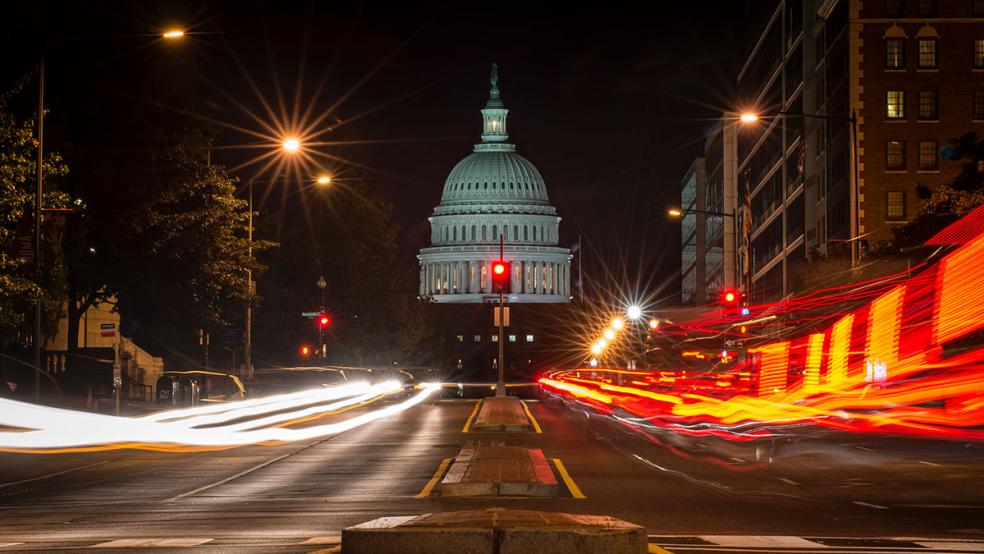The scramble is on. Any minute now, lawmakers are set to unveil the $1.2 trillion omnibus bill to fund the government ahead of a March 23 deadline to avoid a third federal shutdown this year.
Under the two-year budget deal that Congress passed last month, defense spending would rise by $80 billion and non-defense spending by $63 billion for the current fiscal year, which ends September 30. But while a number of questions about just what will be included in the funding bill still need to be answered, appropriators and observers sound confident that they’ll be able to steer a path toward passage. “The pie has been baked, they are just quibbling over the scraps,” Chris Kruger of the Cowen Washington Research Group told clients Monday morning.
Still, the timing is tight — the House is expected to vote on the bill Wednesday, leaving the Senate just a couple of days to also pass it. A possible snowstorm slated to hit D.C. Tuesday or Wednesday won’t help. And there are still plenty of scraps for lawmakers to fight over. The omnibus bill is likely the last major piece of must-pass legislation before the midterm elections, so members of Congress “have been scrambling to attach a variety of pet issues to the bill, holding up its release,” The Hill reported.
Given the likely time crunch and the many details still to be decided, Krueger warned that the week could still end with another hours-long shutdown of the sort Sen. Rand Paul (R-KY) forced last month. Budget expert Stan Collender put the chances of a shutdown at 25 percent to start the week, but wrote that “President Donald Trump's positions and demands are so erratic that the possibility of a White House-induced shutdown cannot and must not be dismissed out of hand.”
One factor that may smooth the way for action this week: Lawmakers are slated to depart for a two-week holiday recess once the funding bill is done. “Whenever Congress finds itself on the edge of a vacation, it typically follows the path of least resistance,” Krueger said. “In this case, we think that means spending more than a trillion dollars before leaving Dodge.”


